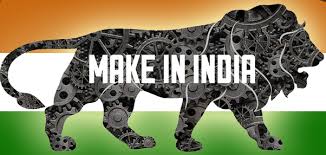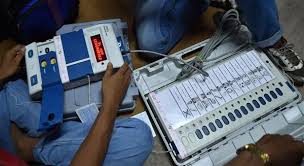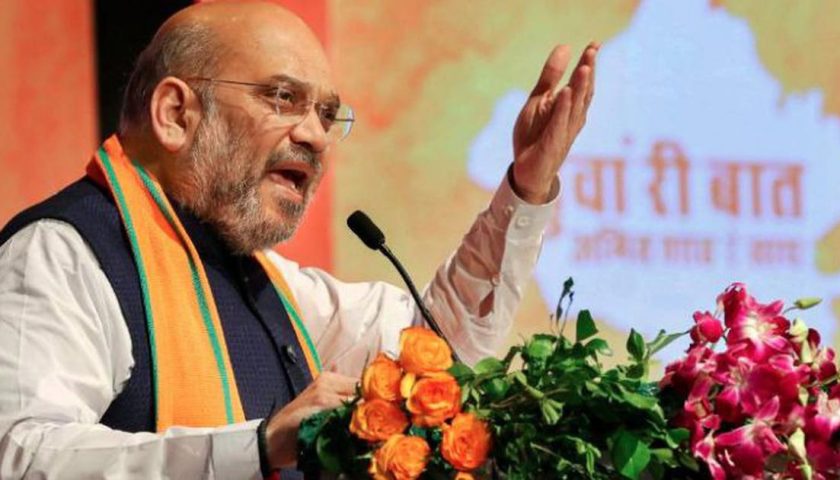India imported $6.3 billion worth of mobile phones from China in 2014, the year Narendra Modi became the country’s prime minister. This number has declined continuously and reached $ 3.3 billion in 2017 according to a study conducted by the ministry of commerce and industry.
This would suggest that the ambitious Make in India programme of this government is working. But another set of statistics indicates otherwise. India’s import of parts of mobile phones as well as telecom equipment from China increased from $1.3 billion in 2014 to $9.4 billion in 2017.
The total import of mobile phones and telecom parts increased from $7.6 billion to $12.7 billion during this period.

A company setting up manufacturing facility in a country might only lead to the final assembly of a product while bulk of the inputs, which have a big share in the overall cost of the equipment, might still be imported.
These findings also raise questions about the claims and setting up of targets vis-à-vis mobile phone manufacturing by the current government in India.
In April 2018, the Indian Cellular Association informed the telecom and IT ministry that India had become the second largest mobile phone manufacturer in the world. In late 2014, the government set the target of 500 million mobile phones to me made in India by 2019. This has now been revised to 1 billion units by 2025 under a newly released draft proposal on National policy on Electronics by ministry of Information and Technology
If fulfillment of such targets comes in the form of just the final assembly of imported components being done in India, it’ll have limited gains for both stimulating domestic economic activity and bringing down the trade deficit. The challenge is real when seen in the context of India’s rising non-oil trade deficit with both the rest of the world and China.

Such a policy however cannot ensure an increase in value addition in manufacturing activity within the country, said Biswajit Dhar, professor of economics at Jawaharlal Nehru University.
What needs to be done is to develop a complementary set of policies which incentivise foreign firms to increase the value added component when they open factories in the country, he added.






